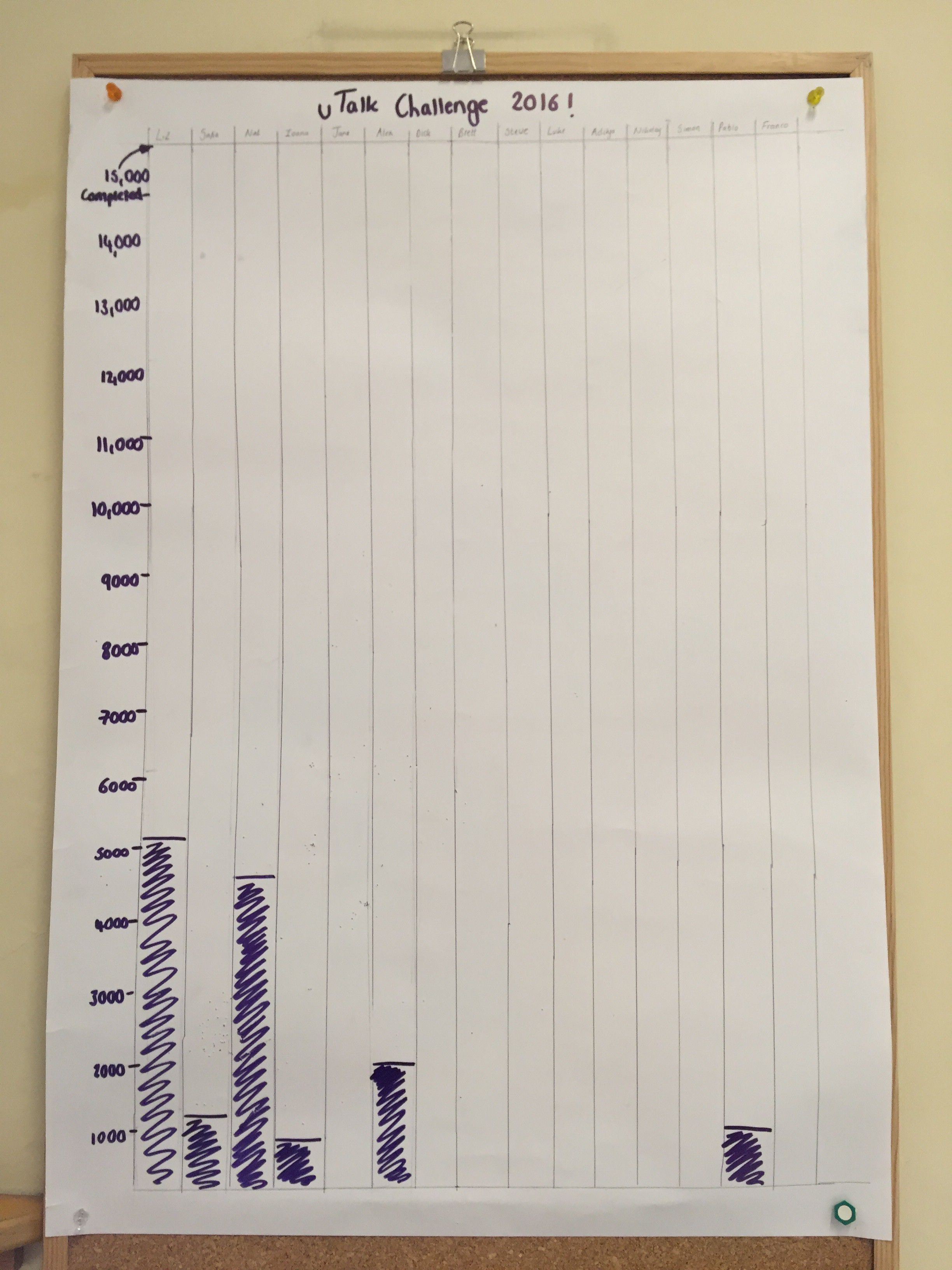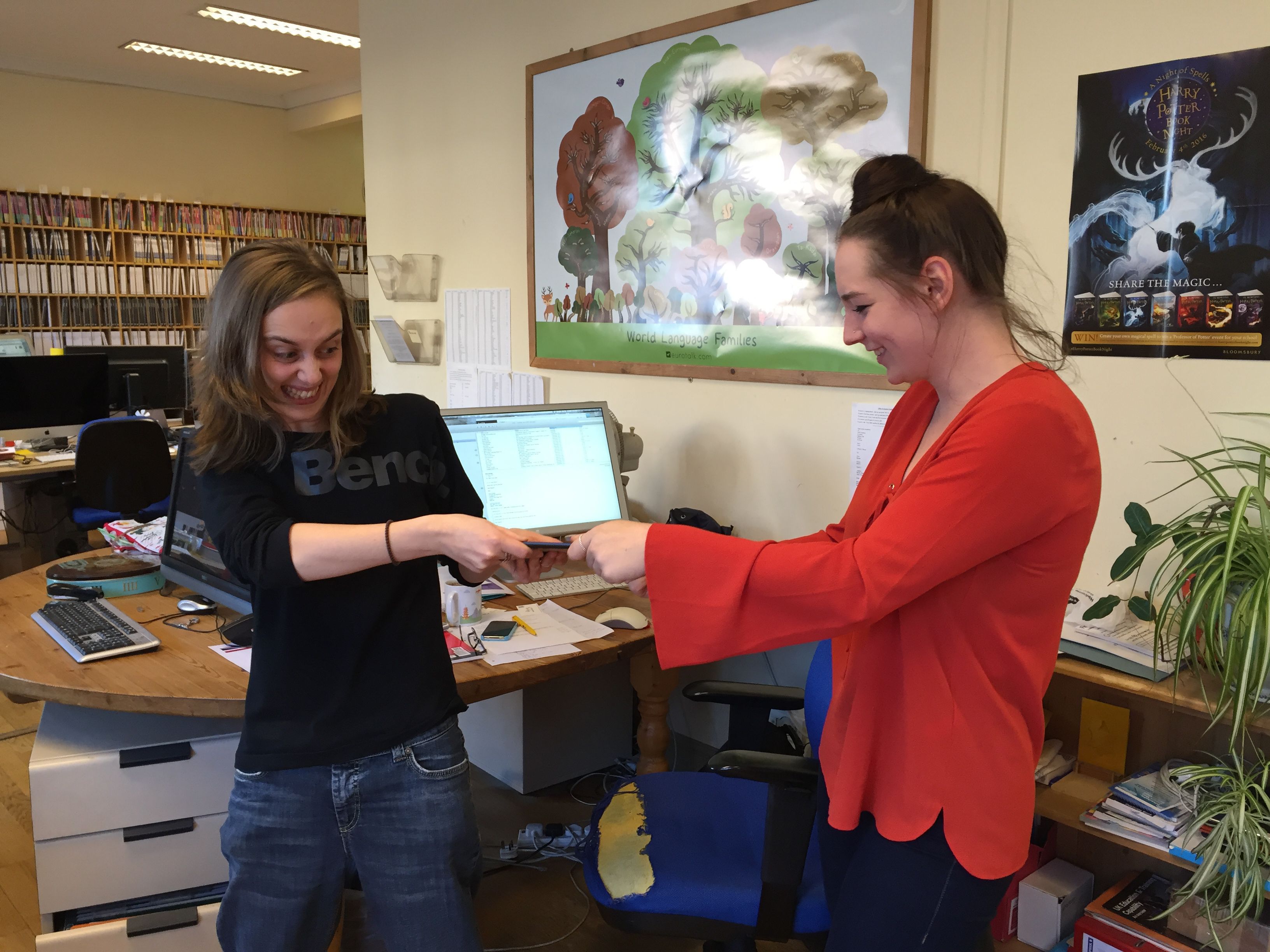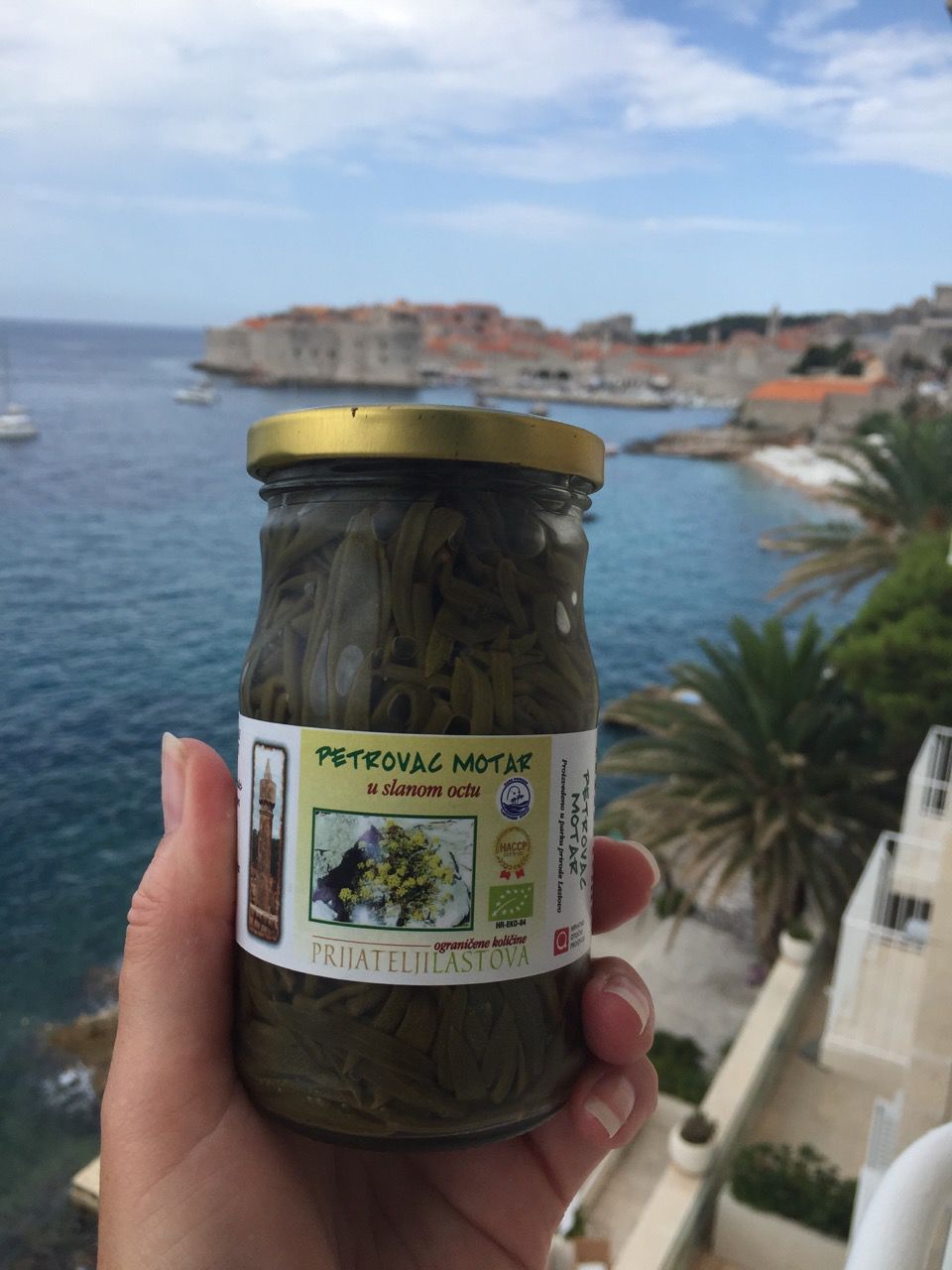How to keep New Year’s resolutions
We’re well settled into the new year and we’re all full of hopes and dreams for the next 12 months – learning a new language, getting fit, changing our job, travelling more. Most likely in the first week of the year you were super pumped, ready to drop anything to stick to your main goal(s).
By the time the second week came however, you kind of settled in, relaxed the rules a bit and got back to some of your old habits. When January’s over, your goal will be completely forgotten like it was never there and you’re going to be thinking ‘how silly of me to think that I could learn Spanish’.
That can be one of the ways the future looks. Let’s take a different turn. Lets push through the phase when we want to give up and see what happens. The other road is familiar but wouldn’t it be nice to see what else can happen? What if you did learn Spanish this year? You could read books in Spanish, and you could talk to other Spanish speakers, and on your next holiday in Spain you could strike up a conversation with a stranger and end up making new friends.
Studies have shown that the human brain tends to value immediate rewards more than future rewards. When you set a goal or a resolution you are in fact making plans for your future self and it ‘s easy to imagine how your life can look. But, when the time comes that you actively pursue that goal most people choose immediate gratification and opt to do what they feel like in the moment.
Now that we understand how our mind works, it’s time to find ways to stop this from happening.
- Start slowly and build a ritual. Set yourself to practice for half an hour a day – that’s not too much to ask right? Offer yourself a reward after – if you’re learning a language with uTalk, the reward comes in the form of earning points and we all like to build up to a nice score, right?
- Put aside some of your other tasks. Obviously not work or eating but if you usually browse the Internet while commuting why not replace that with your main goal?
- Keep your eyes on the prize – never lose sight of your motivation. Look at pictures of beautiful Spanish landscapes and imagine yourself having a chat with the locals, or listen to Spanish songs and try to understand the lyrics.
I hope this helps you push through the temptation of giving up and will ultimately get you to your goal. And don’t worry about making mistakes; the only person who loses is the one that gives up, so no matter how slow you are going, it’s still better than if you weren’t doing anything.
And if your goal is to learn a language (or twelve…), there’s still time to join the uTalk Challenge!
Ioana
#uTalkChallenge – how did we do in week 1?
So, we’re a week into the uTalk Challenge… Thank you to everyone who’s thrown themselves so enthusiastically into learning a new language this month – we’ve been really impressed with your commitment and fantastic scores.
You may remember that we EuroTalkers are also joining in, learning a variety of languages for lots of different reasons. And because we’re a competitive bunch, we’ve set up a scoreboard in the office – right now, Liz and Nat (both learning Welsh) are in the lead, but that could all change over the weekend…
Each week, we’ll be sharing a video update in which a few of us will share what we’ve been learning. For week 1, we’ve got Safia (learning Mandarin Chinese), Ioana (learning Argentinian Spanish) and Liz (learning Welsh). How did we do?
If you’d like to share your own progress, please drop us an email to challenge@eurotalk.com, or – even better – send us your own video, like this brilliant one from Patricia!
Good luck, enjoy and have a great weekend 🙂
#uTalkChallenge 2016: which language will you learn?
The uTalk Challenge is almost here!
From January 1st, start a new language for free, and learn as much as you can with our uTalk app by January 31st.
The uTalk challenge is open to everyone and totally free, so if you’d like to join in, you can find more details and sign up to the challenge here: eurotalk.com/utalkchallenge
With 130 languages to choose from (we’ve just added Greenlandic and Indian English to the app, so there’s now even more choice!), there’s something for everyone – and we’re certainly covering a variety of languages here in the EuroTalk office, where competition is bound to be fierce…
Safia – Mandarin Chinese
My mum and little sister despair at my lack of ability to speak any Mandarin so it’s probably about time to rectify the situation. And then they can’t gang up on me anymore when we play Mahjong!
Alex – Turkish
My best friend and her twin sister at uni are Turkish Cypriot, and they always speak Turkish between the two of them when they’re with us, so I want to be able to understand who or what they’re talking about.
Nat – Welsh
I always intended to move to Wales one day so thought I should learn a bit of the language – plus I’m interested to see how much my (limited) Cornish will help with Welsh!
Ioana – Argentinian Spanish
I want to be able to chat with the lovely non-English speaking relatives of my boyfriend, and also to unexpectedly add Spanish words to our daily conversations.
Adi – Arabic
I lived in Dubai for six years, and I hardly know any Arabic, so it’s high time.
Liz – Welsh
No particular reason, if I’m honest; I just fancy a challenge! I think trying to say Llanfairpwllgwyngyllgogerychwyrndrobwllllantysiliogogogoch whet my appetite…
Steve – Scots Gaelic
Scotland is one of my favourite places in the UK and I’d like to learn a Celtic language which is still spoken there.
Simon – Polish
It’s the second most common language spoken in the UK. It’s very different from anything I’ve learnt before, and would be interested to try and pick up a few words and sentences and then try and see if I can hear them in real life!
Brett – Arabic
I have been to the UAE on a couple of occasions this year. I am going again next year to meet some schools who need a solution to help get their English-speaking students to speak Arabic. If I’m trying to help them, then I should really learn it too.
Pablo – Romanian
My girlfriend is from Romania. I’ll try to be able to say something else other than her name and ‘da’.
Which language will you learn?
PS No EuroTalkers were harmed in the making of this blog post.
The uTalk Challenge 2016: New Year, New Language
Quit smoking. Learn Welsh. Finally finish writing that book – and actually let someone read it. Learn Thai. Spend more time sailing. Learn Mandarin. Walk the street map of London. Learn Turkish. Achieve a freestanding handstand and a scorpion/needle stretch (whatever that is). Learn Argentinian Spanish.
These are just a few of the New Year’s resolutions we’ve been setting ourselves in the EuroTalk office, having just realised 2016 has crept up on us and is suddenly, terrifyingly close. And you may have noticed a bit of a language theme…
Introducing the uTalk challenge 2016 – learn a language for free this New Year
That’s because this January, we’ll be taking on the uTalk challenge 2016, using our uTalk app to learn as much as we can of our chosen language before 31st January. Last year Nat stormed to victory in our first uTalk challenge, completing the app in Icelandic before most of us had even mastered ‘hello’… but we’re hoping for a closer contest this time around. And failing that, our back-up plan is to steal her iPad.
How to join the uTalk challenge
But we don’t want to do it alone! So if you’re an iOS user*, and you’d like to finally start learning that language you’ve been talking about for ages, now’s your chance. And even better, the uTalk challenge is completely FREE. All you need to do is sign up at eurotalk.com/utalkchallenge, and on January 1st we’ll send you over a code to unlock the Essentials upgrade (worth £7.99) for your chosen language. Then it’s over to you…
We’ll check in with you each week by email to see how you’re doing and update the online leaderboard, so you can see how your score compares to everyone else’s. AND if you complete the Essentials by the end of January, we’ll give you another language to learn in February, and so on. So if you’re really determined, you could learn 12 new languages in 2016. Now that’s a pretty cool New Year’s resolution.
*Unfortunately the uTalk app is only available on iOS, we’re really sorry! But we don’t want anyone to miss out, so if you’re not an iOS-er and you’d like to take part, drop us an email to challenge@eurotalk.com and we’ll see if we can work out an alternative for you.
Spread the word
Challenges are a lot more fun if you’ve got company, so please help us spread the word to friends and family using the link eurotalk.com/utalkchallenge and on social media, using #uTalkChallenge. And for regular video updates from the EuroTalk team, in which we’ll attempt to demonstrate how much we’ve learnt, come and follow us on Facebook and Twitter.
Some of last year’s uTalk Challengers (who we hope will join us again this year!)…
Ingrid, learning Serbian
I’ve really enjoyed doing the challenge. Serbian is a language I’ve wanted to get to grips with for a long time for quite a bizarre reason (it involves a love of the Eurovision Song Contest!) but I haven’t really known where to start.
Patricia, learning Icelandic
The uTalk app is a whole lot of fun, filled with useful words and phrases. I particularly enjoyed repeating the words and phrases after the native speakers and then hearing my own voice. What a great tool to gain confidence and improve pronunciation!
Jacqui, learning Croatian
After a month, I’ve made great progress. I haven’t earned maximum points (I’m on just over 4000), but I have managed to learn a lot more than I thought I would, even waking up some mornings with various phrases springing to mind!
And here’s how the EuroTalkers got on…
So… who’s up for the challenge?








